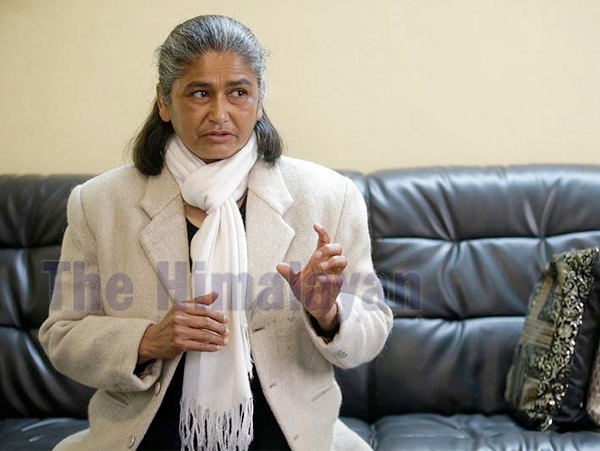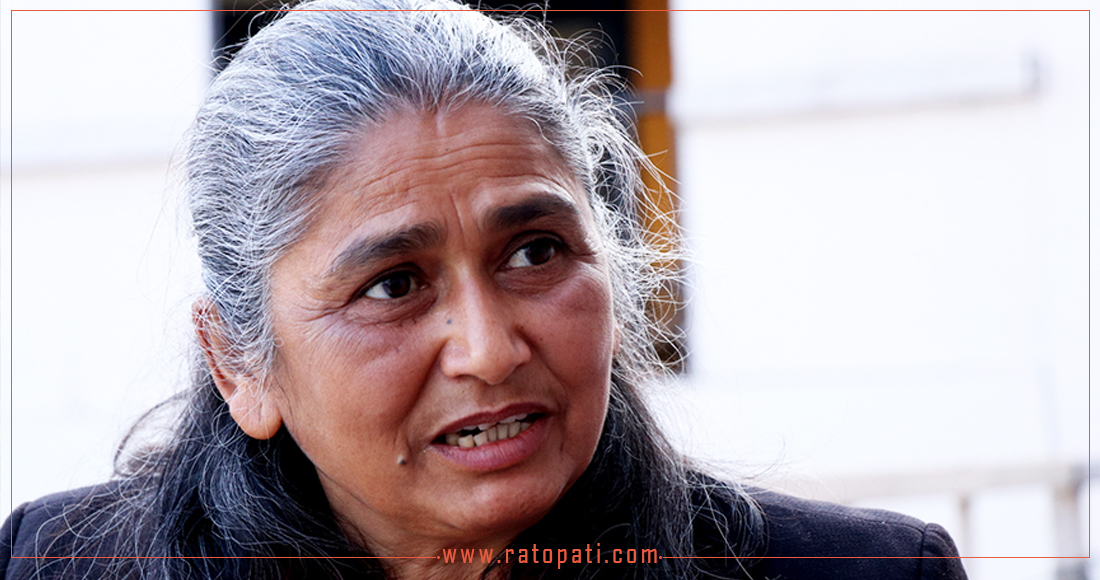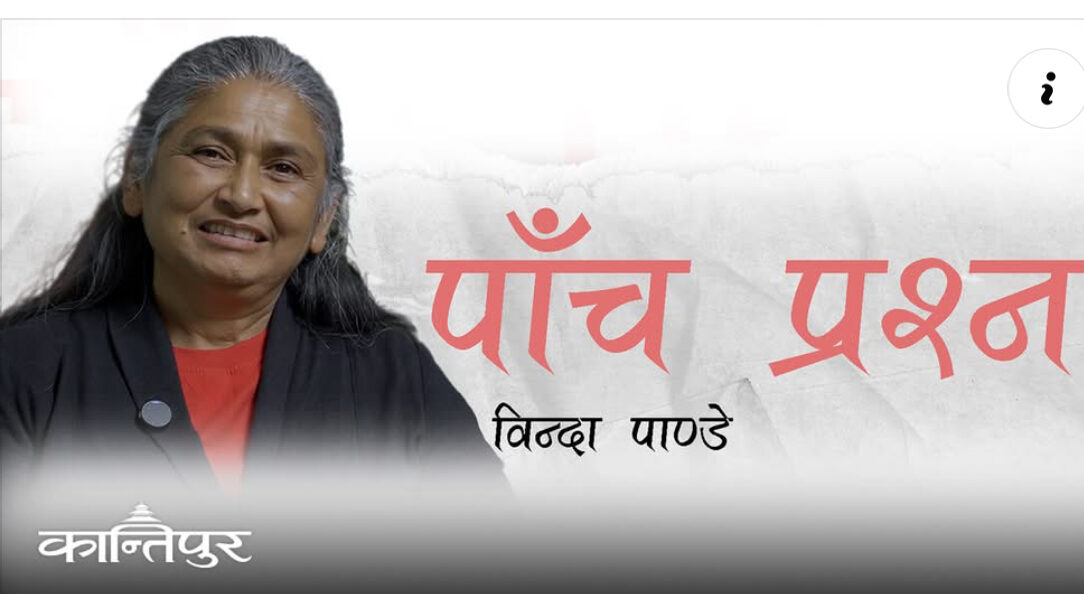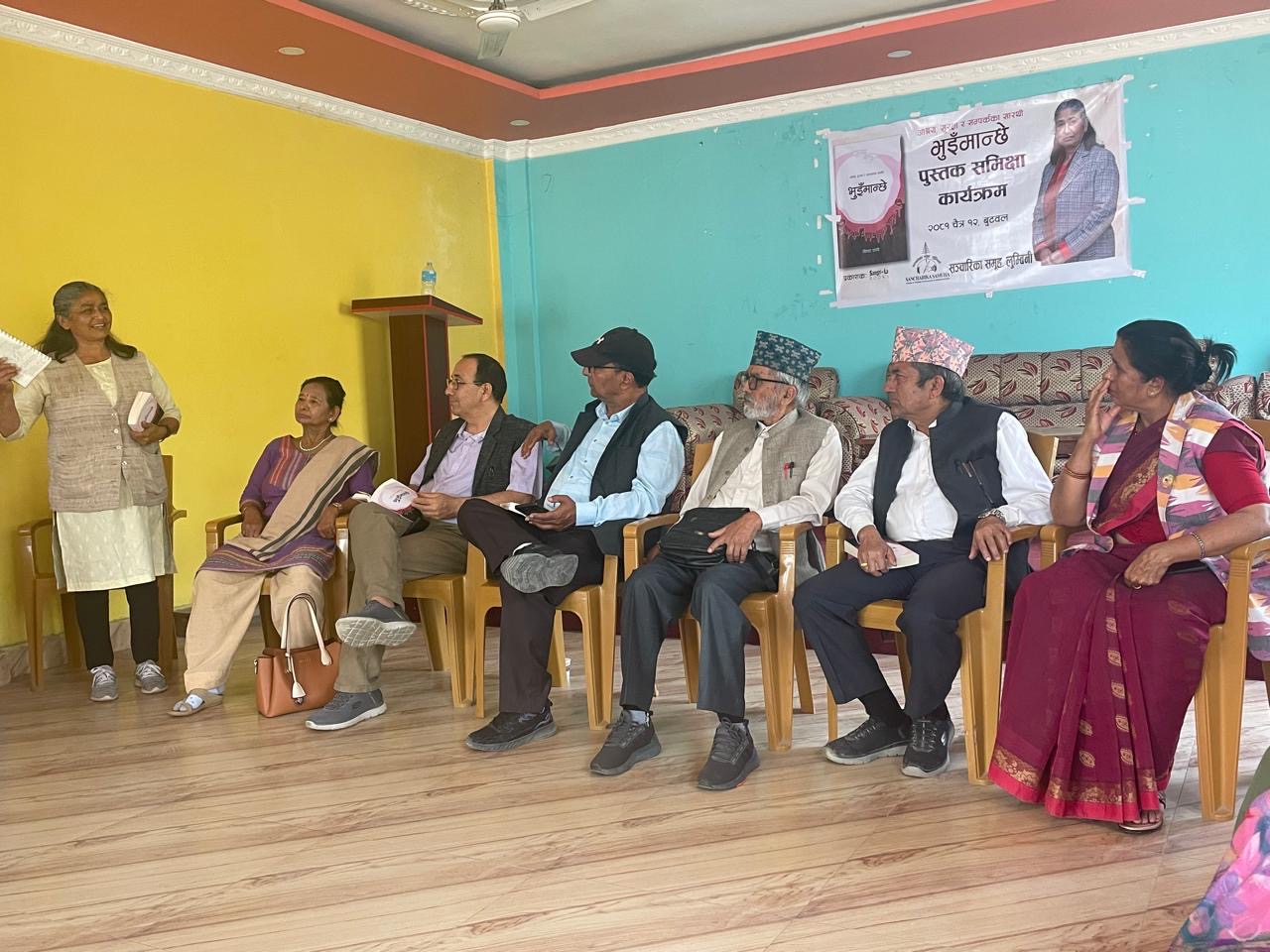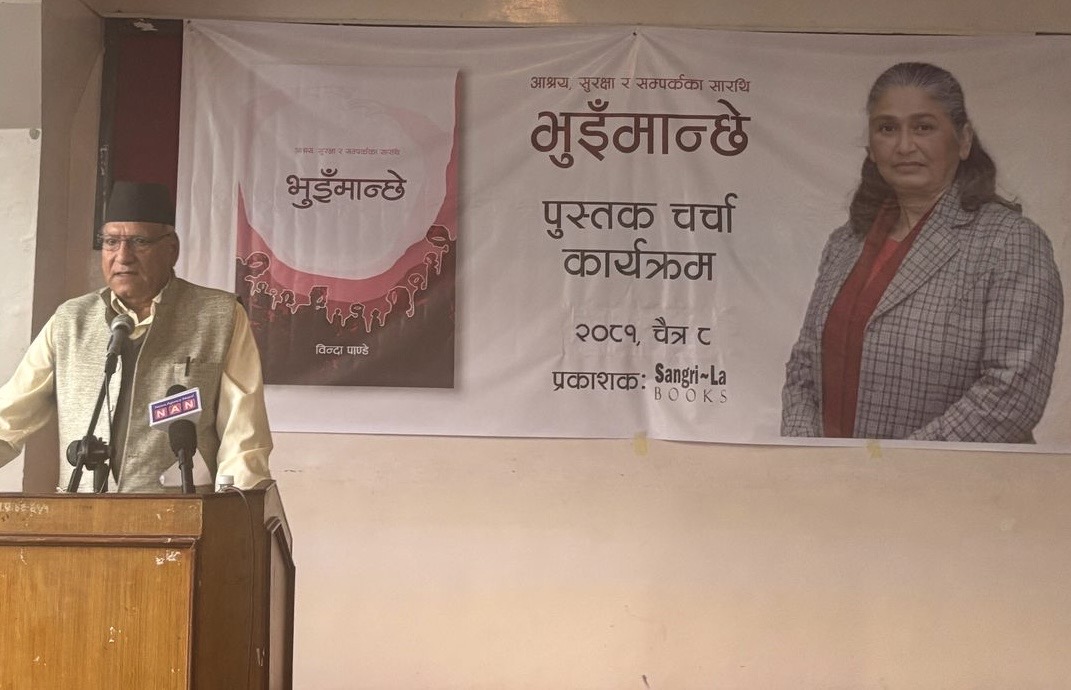South Asian Regional Feminist Forum on Women’s Economic, Social & Cultural Rights conducted in Sri Lanka on August 30 t o September 1, 2015 among participants including senior experienced and young energetic . The program was started with the welcoming participants by Priti Darooka followed by Shreen Sitara.
o September 1, 2015 among participants including senior experienced and young energetic . The program was started with the welcoming participants by Priti Darooka followed by Shreen Sitara.
The chief guest of the program Maithree Wickramasinghe, a feminist, university professor and the wife of the PM of Sri Lanka delivered the opening speech.
 She mentioned three challenges as economic, social and cultural facts need to change.
She mentioned three challenges as economic, social and cultural facts need to change.
Sri Lanka’s economy is based on migrant and factory women workers. but, they are not getting right to unionise, security etc are major issues. though education level is high in Sri Lanka, but the educational culture is much gendered and sexually objectification. But the political representation of women is tremendously low as 51.% women are presented by 2.35 percent women in political representation.
Sri Lanka was having woman priminister and president but only being in the top did not make much change for women in general. State has ratified international instruments, reflecting into national law and policy. But, status of enforcement is different. Identity, land right and work, domestic violence, choose life partner is still problematic.
To move forward, bottom up approach is needed bring more women in visibly in surface. Existing hierarchy of multiple form, mind set, arrogant sticked in people’s mind should be changed.
 Mary Kay as facilitate the forum, US feminise activist, America mother form cleaner and father from aloo to have different world, ability and hope does not limit by region and different world is possible.
Mary Kay as facilitate the forum, US feminise activist, America mother form cleaner and father from aloo to have different world, ability and hope does not limit by region and different world is possible.
Maria Virginia Bras Gomes- Portuguese, ex-minister and presently member of UN committee on ESCR presented the scenario of the chaining world as demographically, economic setback caused unemployment, crumbling the welfare state, globalisation as uneven sharing of cost and distribution of benefit, mega development grabbing the land causing displacement and immigration of the people from grassroots, conflict and social unrest dismantling the life and climate changes devaluing all these factors.
 She further mentioned that wrong and mis-political massages are passing from Europe. Women are given unfair role to play over the world, but differently. Even today, women workers out number in sector of the self-employed, home based, free trade zone collectively called informal sectors are not allow to join trade union and not covered by labor law and regulation.
She further mentioned that wrong and mis-political massages are passing from Europe. Women are given unfair role to play over the world, but differently. Even today, women workers out number in sector of the self-employed, home based, free trade zone collectively called informal sectors are not allow to join trade union and not covered by labor law and regulation.
Unpaid workers, providing services at domestic sphere are more in vulnerable situation and migrant women workers are tremendously exploited. Recognising South Asia having larger number of people living poverty and 70 percent of them are women in the regional alliance like SAFA can and should play great role to surfacing the problem.
Rashmi Singh- from Indian government employee for long presented how state and civil society can join hand overcome and minimise the problem. all sectors such as political participation and ESCR should be circled to complement each other.
Evaluation of gender quota periodically, in the region for visibility, tools as social protection, safety net, identify community champion, public gender scenario has been changing but not plenty quick and enough,
Introduction with the people having different skill, experiences and background of the participants. followed by the introduction of organising organisation.
SAFA as South Asian Feminist Alliance as regional organisation was briefed its foundation and activities by its executive members Masaouda Jalal from Afaganisthan, Sejal from India and pakintan briefed on this. presented the foundation of SAFA, its activities and way forward was shared among the participants.
It was set up in 2012 in Negumbo followed a training program and it recommended three important issues in south asian states focusing on reinforcement and believe in the UN covenant of ICESCR as
- Recognising all women are working women and
- Traditionally and historically having skill and knowledge of livelihood, specially on food security and
- Social and economic policies to recognise women as individual right holders.
Nalini from Sri Lanka share the issues of the Women’s Livelihood Rights, which include means of sustaining life and dignity, recognition of women’s contribution and having independent right to resources with just an fair working condition.
Rehana from Pakistan talked on Women and Conflict. Poverty, non recognition of women agency and violation of women’s right working into circle. non recognition of single women’s issues such either divorces and unmarried.
Nepal is the only country having national action plan responding UN Resolution 1325 and whether this should be recognised as region to address the issues. And being feminist and believe on non-violence action, no need to recognise women as perpetrator.
Zakir from Bangladesh shared the situation of social security net. there are
Shuva and from India share on the issues of Sexuality and ESCR AND Azra from pakistan on Development: critical aspects for women’s engagement. Development is the bureaucrat, people and political issues. connecting with women patriarchy, feudalism, globalisation and capitalism to fight. Economic as land, employment, social food, shelter, health, education, social security and political as collective rights as labor, women, children, Dalit etc have been included into draft constitution.
As final session of the day, all the participants discussed in country group to prioritise the top three agenda out of 5 and make detail on it. All most all countries selected livelihood and conflict, the next was different as development, social security and sexuality by different countries. Nepal did very good work on it.
Finally, there was once upon a time …. Sign up for successful story. Nepal signed up for highest number of women political participation, which was explain 25 years struggle to achieve 33 percent participation in federal and state parliament and 40 percent in local elected body. It was wonderful sharing for all.
The day was ended up here.
2nd day meeting start with short video on
- Demand for justice, using drum supposed to be used by lower caste men only and demanding something loudly, was used fr OBR 2015.
- video on transgender – gender or ingenue or engender
- Revolution from US captured from the youtube..
Ranja from Calcutta joined via Skype
post 2015 agenda as sustainable development goal as 17 point SDGs has 169 targets start from 2016-30
- integration of 3-pillars as ESE as
- universality with differenftiation
- common but differential responsibility CBDR related significantly to means of implementation.
- not legal binding
- goal five is specially focused on gender equality- targets ending discrimination, elimination violence, child marriage and harmful practices
unpaid and domestic work, shares household responsibility, effective participation, universal access to reproductive health, G77 and china decided not open in GA, access to universal sexual reproductive services.
IGBTIQ has been included at the end.
Azra presented about the development fund and relating policy interaction.
Work on Thematic groups focusing on
- Definition of area to cover
- different constituency impacted
- key challenges of moving ahead
- most important outcomes locally and regionally
Intervention approach
- sectoral approach as economic and political
- system approach- reforming system through voting
- individual enhancement- providing services
- identify integration like crosscutting issues
All the cross country participants discussed and identified he issues. then the participants for other group did the marketing visit and added missing points as per their understanding.
Based on the pervious group work, country group identified two priority points under four thematic areas as below
Livelihood
- Recognition of legal identity
- legal recognition of people (minorities, oppressed, disadvantaged & working in informal/non-formal and unidentified sectors
Conflict and disaster
- Mandatory and equitable participation of women in peace building and post disaster process at the level across the board
- Just and equitable relief and recovery
Social security
- Ensure comprehensive universal social security
- Ensure adequate standard of living and life with dignity for all women and trans
Development
- Sustainable & just development all women and trans
- Equitable representation af all levels of development agenda and equitable access to the resources with enhanced capability of women and trans.
In between Sirjana pun introduce the dance therapy for half an hours, where all the participants took part and enjoy.
I left the program after this two days session, though the last day session was still going on next day.

